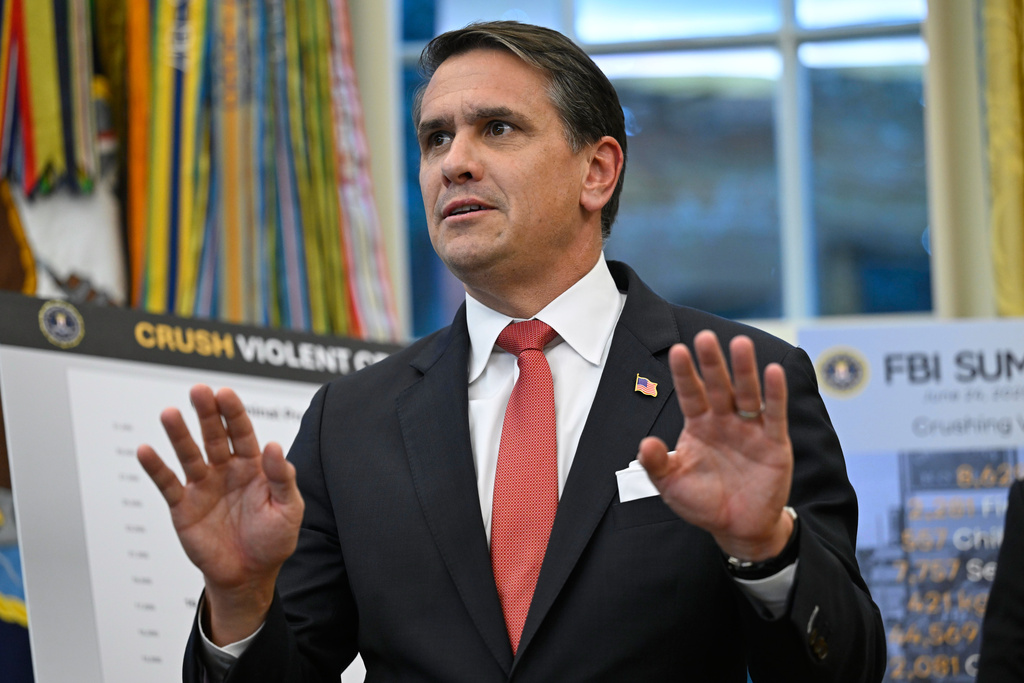Officials from Irish political leader Gerry Adams' Sinn Fein party are calling his treatment politically motivated and a blatant attempt to "settle old scores" following Adams' arrest earlier this week.
At a rally in Belfast Saturday, Sinn Fein’s Deputy First Minister Martin McGuinness scolded the Police Service of Nothern Ireland, or PSNI, for arresting Adams just a few weeks before the region’s elections. (Via YouTube / Sinn Fein)
"There is elements within PSNI who are against the peace process and who hate Gerry Adams and hate Sinn Fein." (Via BBC)
Adams might be Northern Ireland's best known political figure, and he remains in custody after being arrested in connection with the IRA murder of Jean McConville in 1972. The politician has long been indirectly tied to the IRA and was reportedly implicated in McConville's killing during interviews conducted by researchers at Boston College.
And with Adams remaining an important part of the relatively recent peace agreements in North Ireland, one writer at The Guardian says the arrest could have serious implications. "Those far away have become complacent about Northern Ireland, forgetful of the bloody havoc the Troubles wrought, taking today's peace for granted. But those close to it believe it is not irreversible."
Those defending the arrest say it’s just regular police work. The former police ombudsman who investigated McConville’s murder tells the BBC that "For people to suggest that some people perhaps shouldn't be arrested is perhaps a little questionable."
Even though the Boston College tapes implicate Adams in working with the Irish Republican Army in the 1970s, the politician has maintained his innocence.
The Independent argues that we shouldn’t be holding our breath for a confession from Adams. "It has yet to be explained how one-time combatants such as republican and loyalist gunmen … could be persuaded to admit personal involvement in killings and other wrong-doing."
A judge granted the PSNI two extra days to question Adams. Authorities will have until 8 p.m. local time on Sunday to charge or release the politician.










